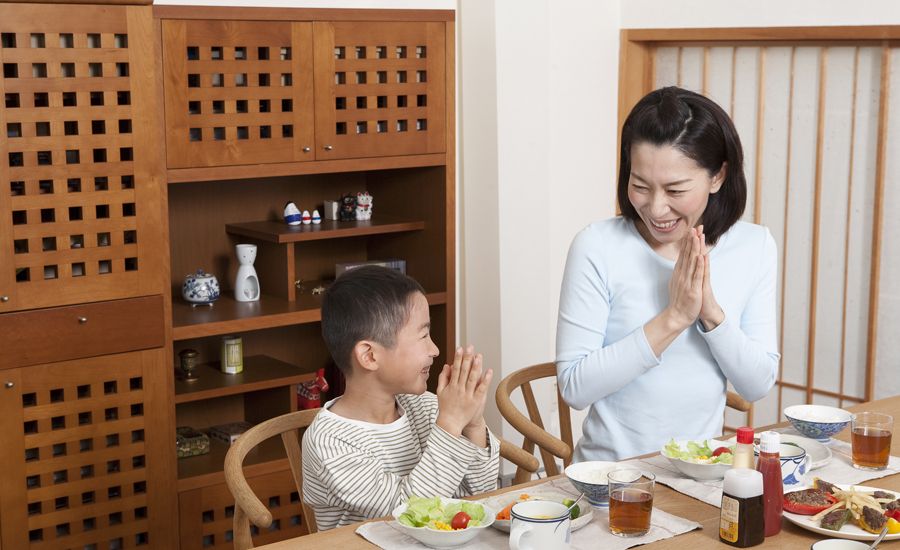I stopped in a sandwich shop called Flat Breads outside Boston at 9 a.m. to pick up lunch for my daughter and me for our bus ride back to New York. The owner, a cheerful man, noted we were traveling and asked where we were from. When I told him he said, “Ah, that’s where I’m from!”
“What are you doing here?” I joked.
“Long story,” he replied, then told me the short version. It involved the near-fatal car accident of the oldest of his six kids, many years of surgeries and rehab for the boy, and later diagnoses of cancer of his youngest daughter and his wife. He concluded by saying, “I’d like to be able to look in the rear-view mirror on all that, but since I can’t, I count my blessings.” He smiled a genuine smile.
I nodded, said something like, “That’s a lot to deal with!” and told him the three-sentence version of my family’s difficulties. His eyes softened. “You can only play the hand you’re dealt,” he said, kindly, “And it sounds like you’re doing the best you can. God bless you.”
I left the shop and told my daughter — the one who spent five months in psychiatric institutions this year, and who had tagged along to Boston so she could see her sister who is in residential treatment for anorexia — about the conversation.
“You can only play the hand you’re dealt,” she mused aloud, “Someone else said that to me last week while we were playing cribbage.”
It’s true, of course. If you spend your energy focused on wishing you had a different hand, you’re not fully in the game. It makes more sense to count the blessings you have, and to put your effort into doing what you can.







